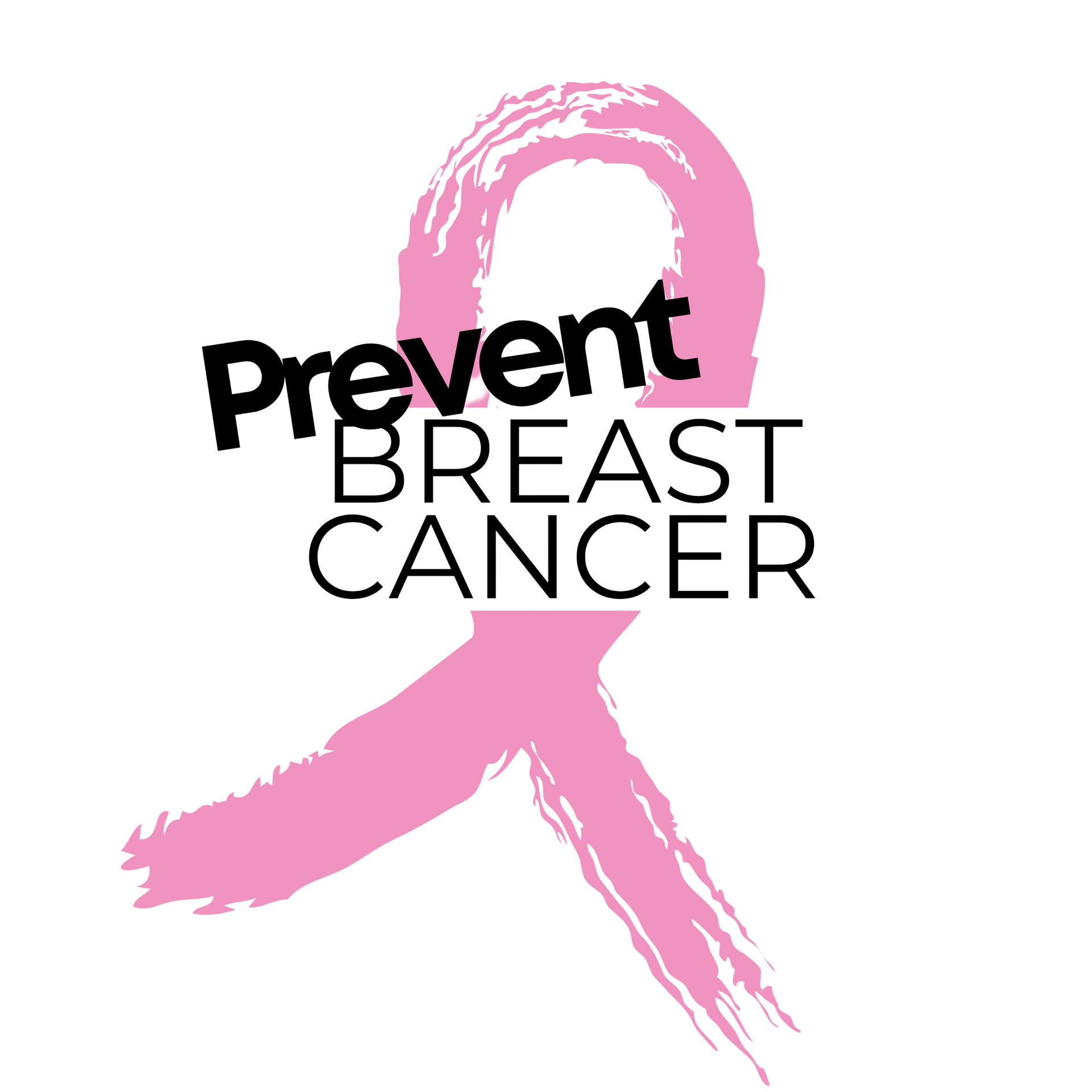Black women are more likely to die from breast cancer than all other women.

You can reduce your risk of breast cancer, and help ensure a healthier future for yourself. Staying active, keeping a healthy weight, and eating right all play a role.
This year alone, more than 2,000 Mississippi women could be diagnosed with breast cancer.
Early detection of breast cancer saves lives — but Mississippi has one of the lowest breast cancer screening rates in the nation for older women.
